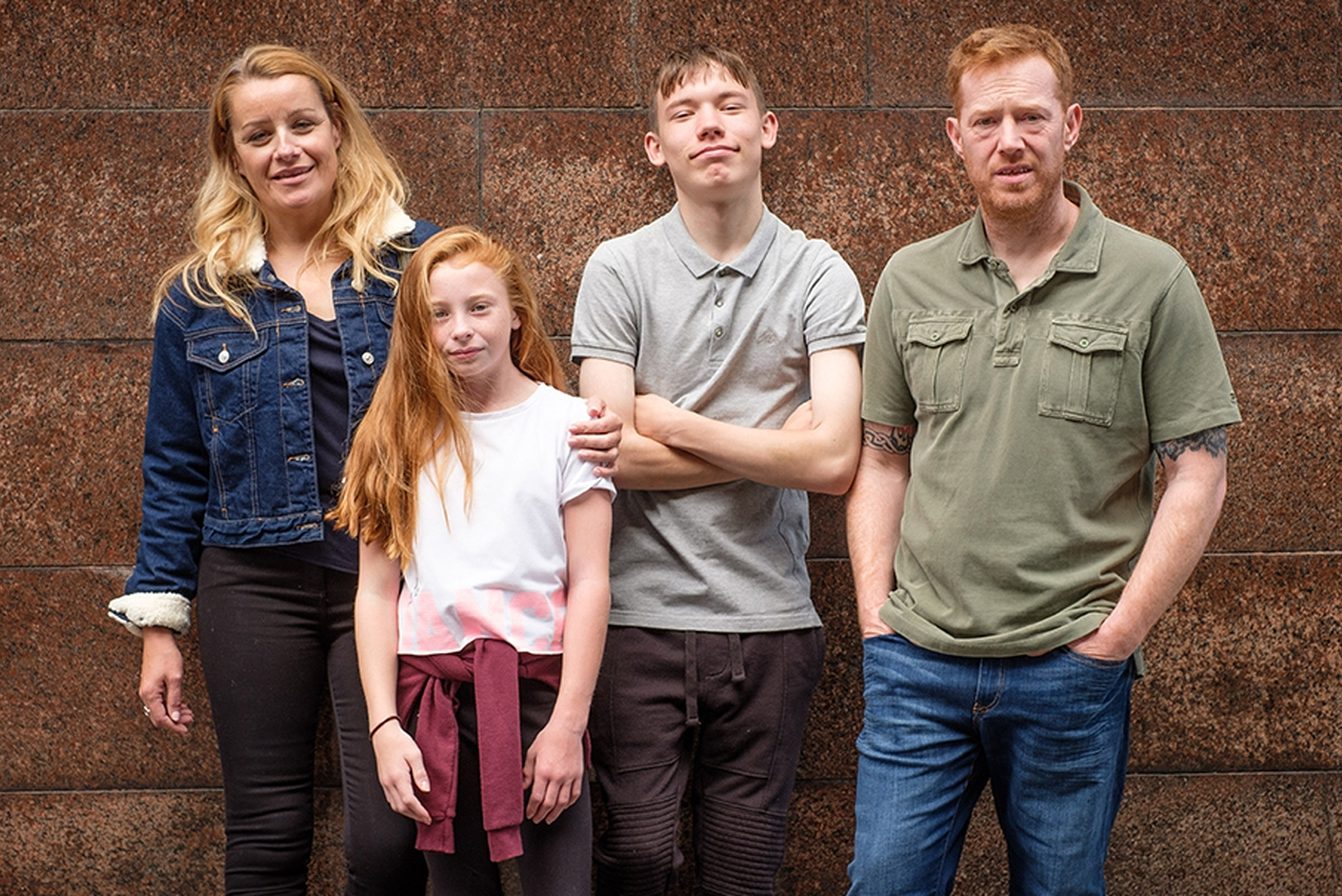Ken Loach’s latest film depicts the day-to-day life of a working-class family struggling to get by in temporary employment, mirroring the struggles of many workers in the UK today. The blame for this scourge lies with capitalism.
Sorry We Missed You is set in modern-day Nottingham and depicts the day to day life of one particular working-class family, struggling to get by. Although the dad (Ricky) and mum (Abby) both have jobs, they struggle to make ends meet and give proper support to their children (Lisa and Seb).
The movie opens with Ricky, the main character, taking an interview for a job as a parcel delivery driver, although his work experience lies in construction. He hasn’t managed to find a decent job and like many working-class families, was shattered by the 2008 crisis. The taskmaster (Maloney), whom is screening Ricky, uses rhetoric that Uber and other uber-like companies use: “You don’t work for us, you work with us”.
Ricky has barely enough money to afford the franchise and the deposit for the van he delivers with, which in turn forces him to sell his wife’s car. As for Abby, she works a zero-hours contract as a social worker, in which she is forced to call the people she helps her “clients”. With no car, she needs to take the bus to work and must find the cash to pay her own fares.
Tensions in the family escalate as Seb starts skipping school in order to hang around with his friends and Lisa tries her best to unite her family as it was before, but to no avail. This is perfectly exemplified by a brilliant visual metaphor two thirds of the way into the movie, where Ricky, looking for Seb after he left the house during the night, passes in front of a garbage bin labelled “Domestic waste only”.
As for Ricky’s job, Maloney never gives him a break, even when he wants to spend some time with his family; the taskmaster continues to follow the patron saint of capitalist production, at the expense of his workers’ health. When he is mugged and his van robbed, the bosses demand that he pays for the losses.
This film works within the framework of Abby’s and Ricky’s day job, as well as Lisa’s and Seb’s daily routine. This plays to the movie’s advantage and proves once again how well Ken Loach can direct a “contemporary fiction”, as he calls it. As always with Ken Loach films, humour often rears its head despite the overall downward spiral the characters are taken in.
“Sorry We Missed You” is not a revolutionary shift from the classic Ken Loach directing. The camera is set up in order to be a “peaceful observer” into the family’s life: this means using natural light, camera lens that reflect the human eye and a consideration towards these characters as if they were real people, not simply caricatures or objects.
Ken Loach, having been an avid fan of Shakespeare’s plays when he was younger, probably remembers his famous adage: “Brevity is the soul of wit”. Loach and Paul Laverty (the screenwriter with whom often he works with) abide by it to a tee, preferring to show the humanity of their characters through simple yet effective dialogue, an appropriate tone and effective directing rather than through monologuing about why the main character’s life is miserable. This being said, I think the movie lacks a clear criticism of the capitalist system as it is today.
Overall, in an age where cinema tickets in the UK cost somewhere in the ballpark of 6 pounds at best and where every screening is preceded by at least fifteen minutes of ads, Ken Loach movies always come as a much needed alternative in the landscape of big budget, big studio productions and endless remakes. They prove time and time again that the Hollywood movie industry has become an uninspired husk, reminiscent of the decaying, yet still standing, corpse of capitalism.






